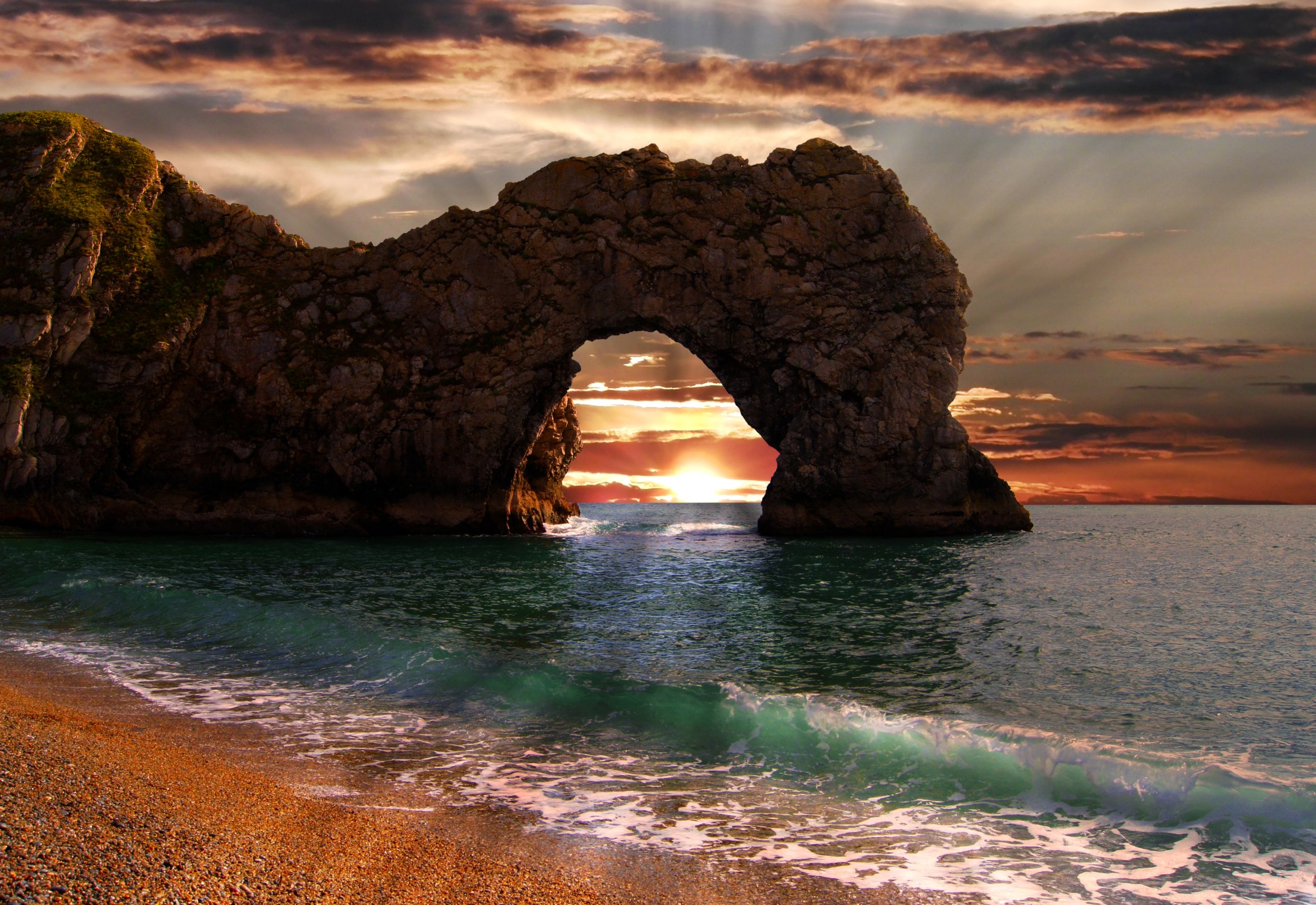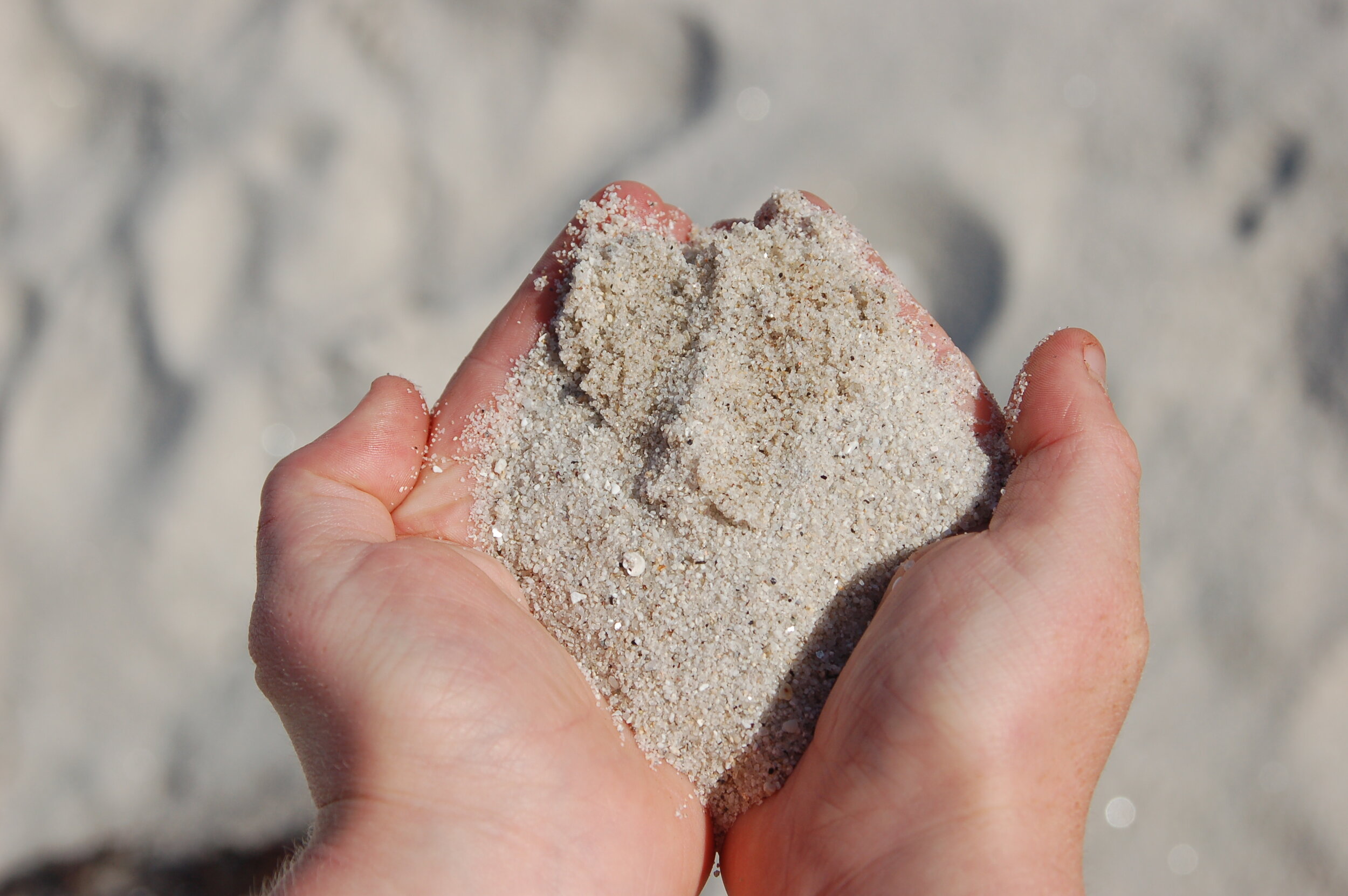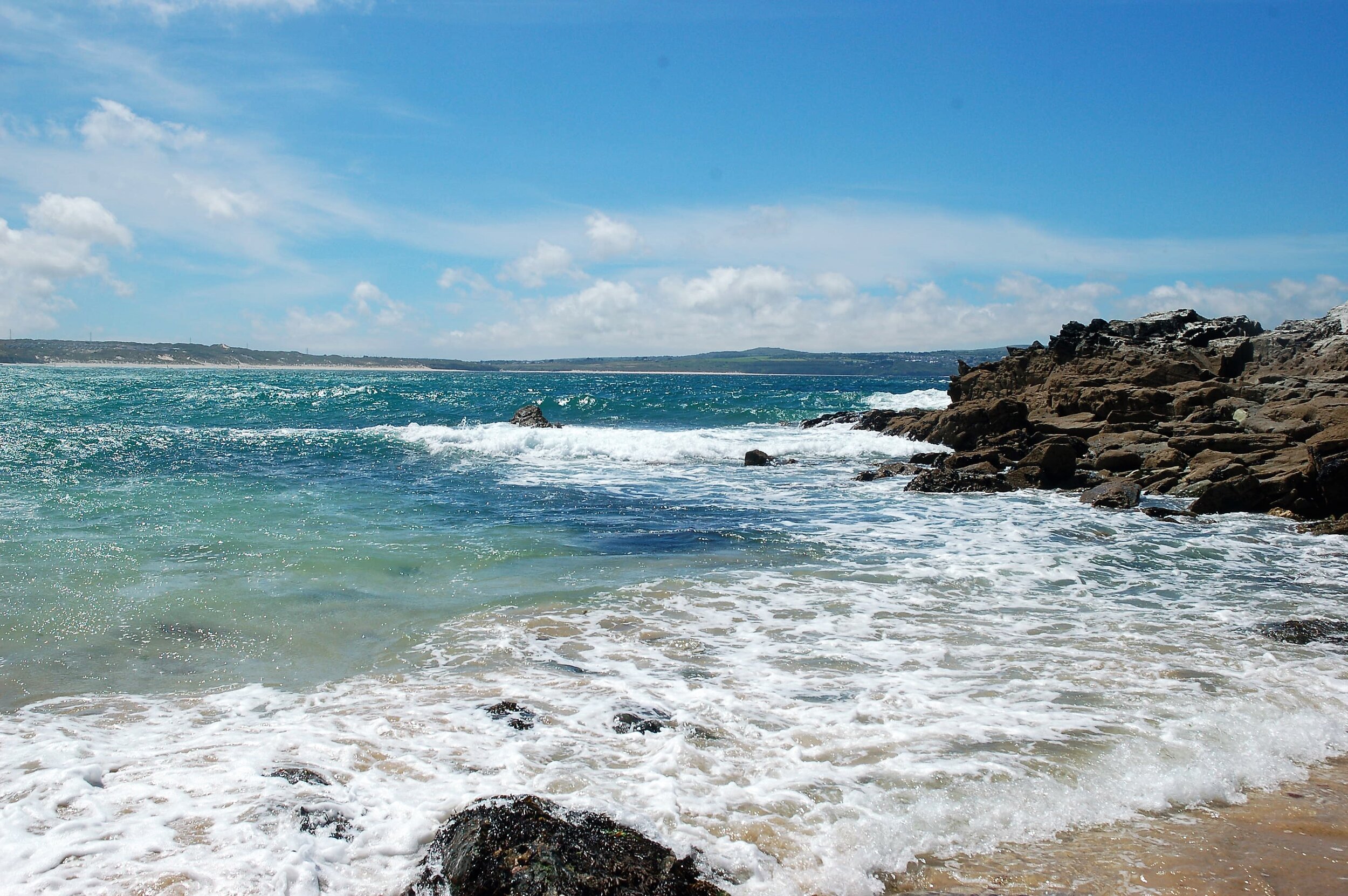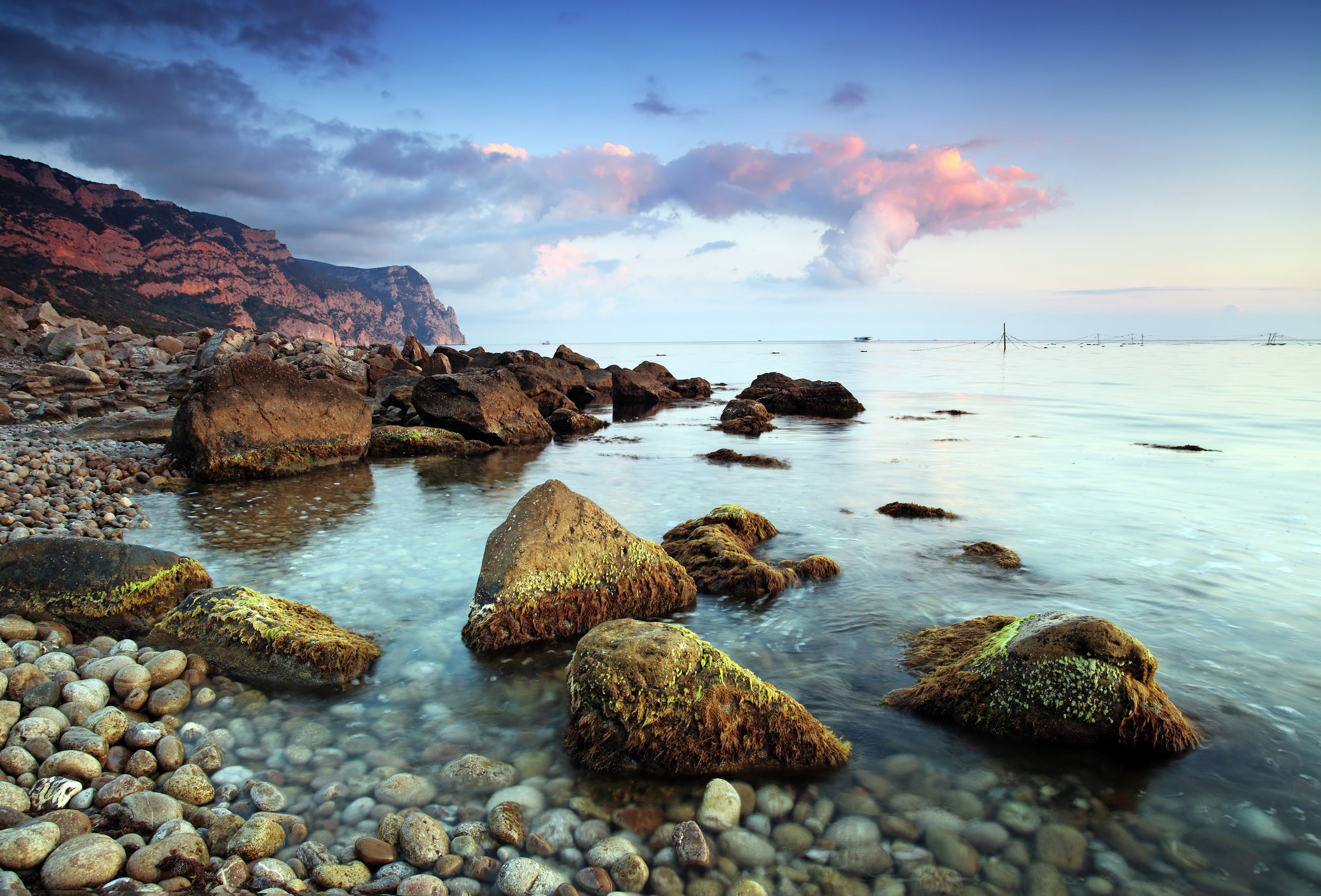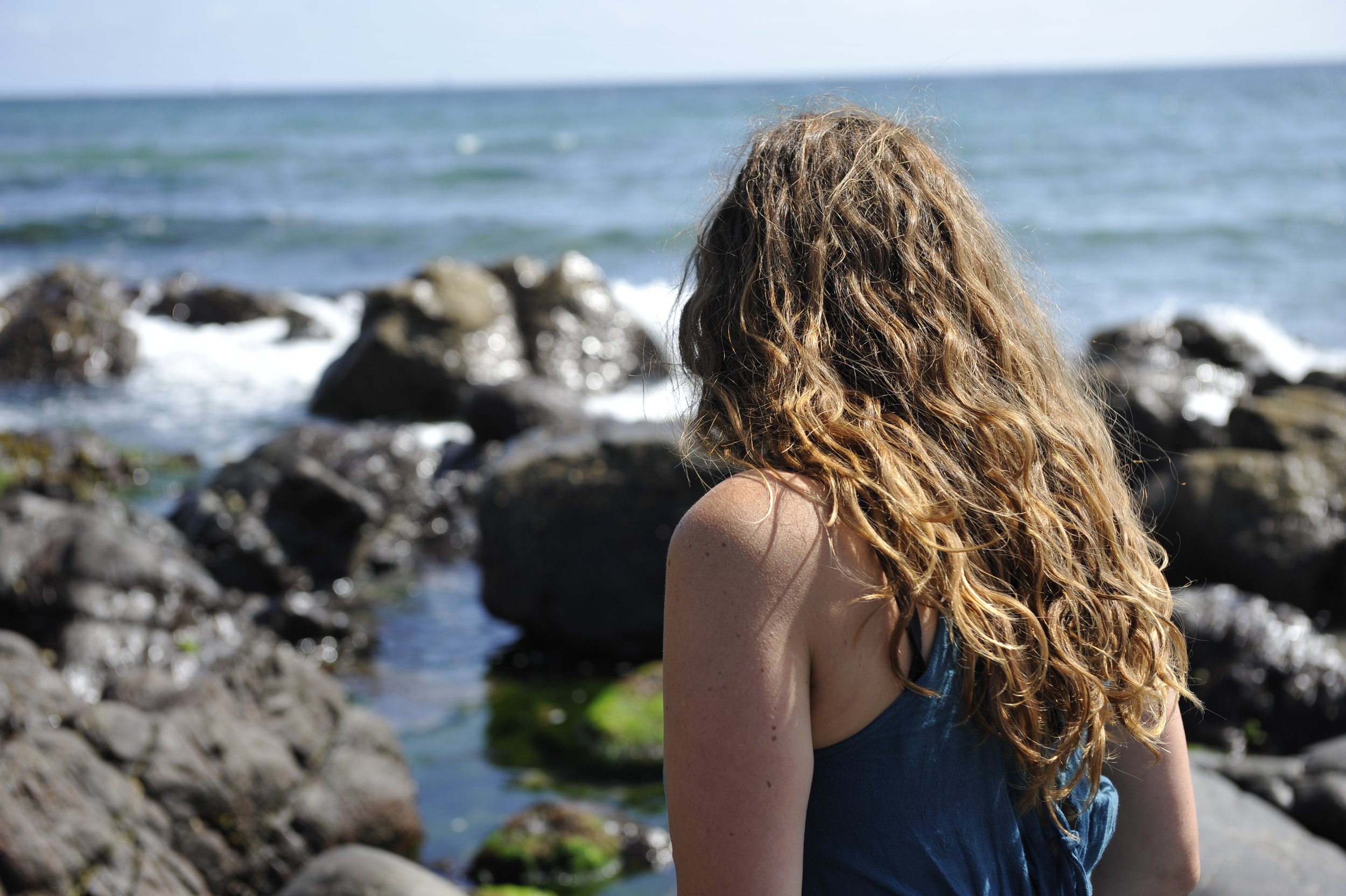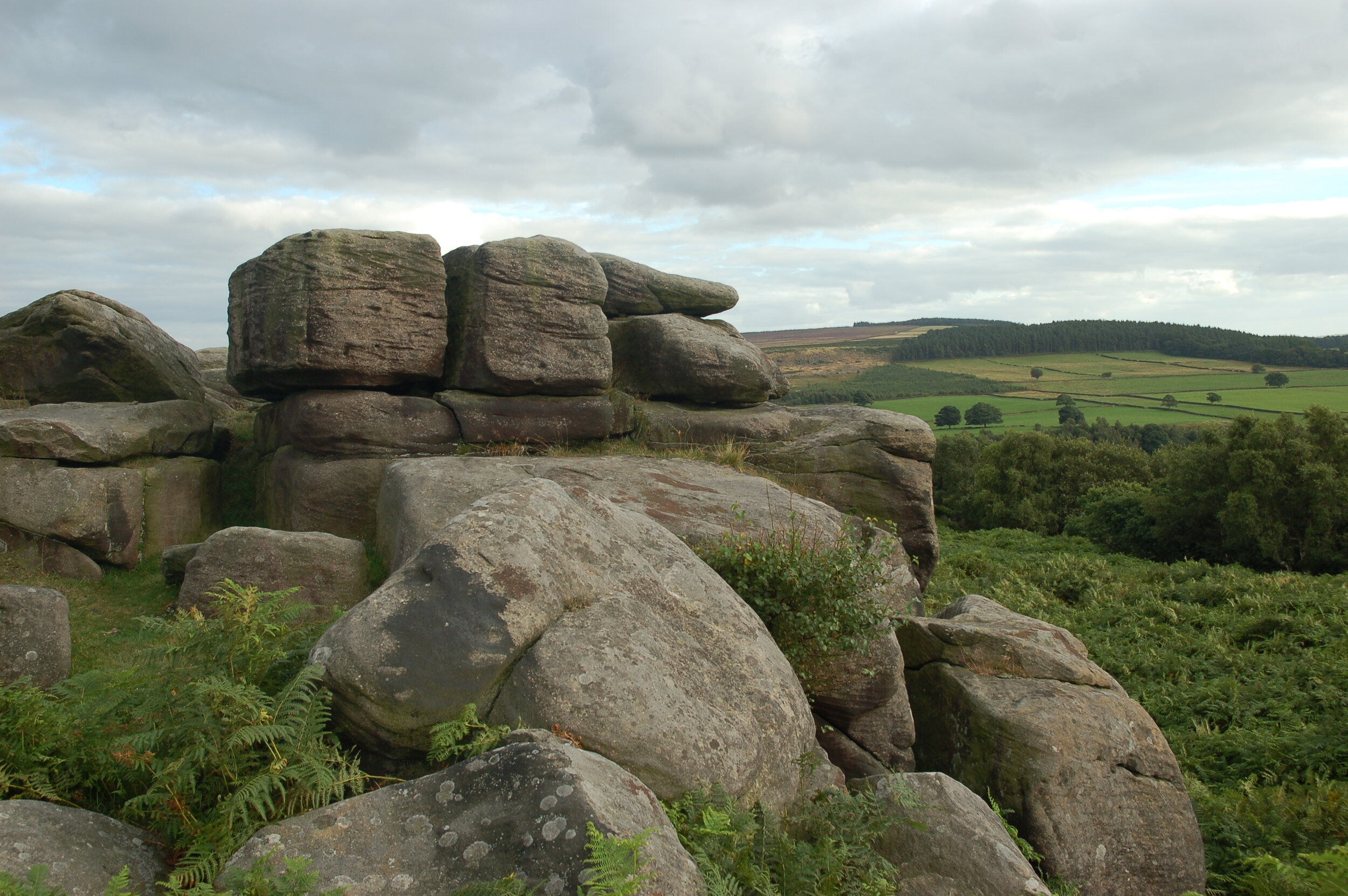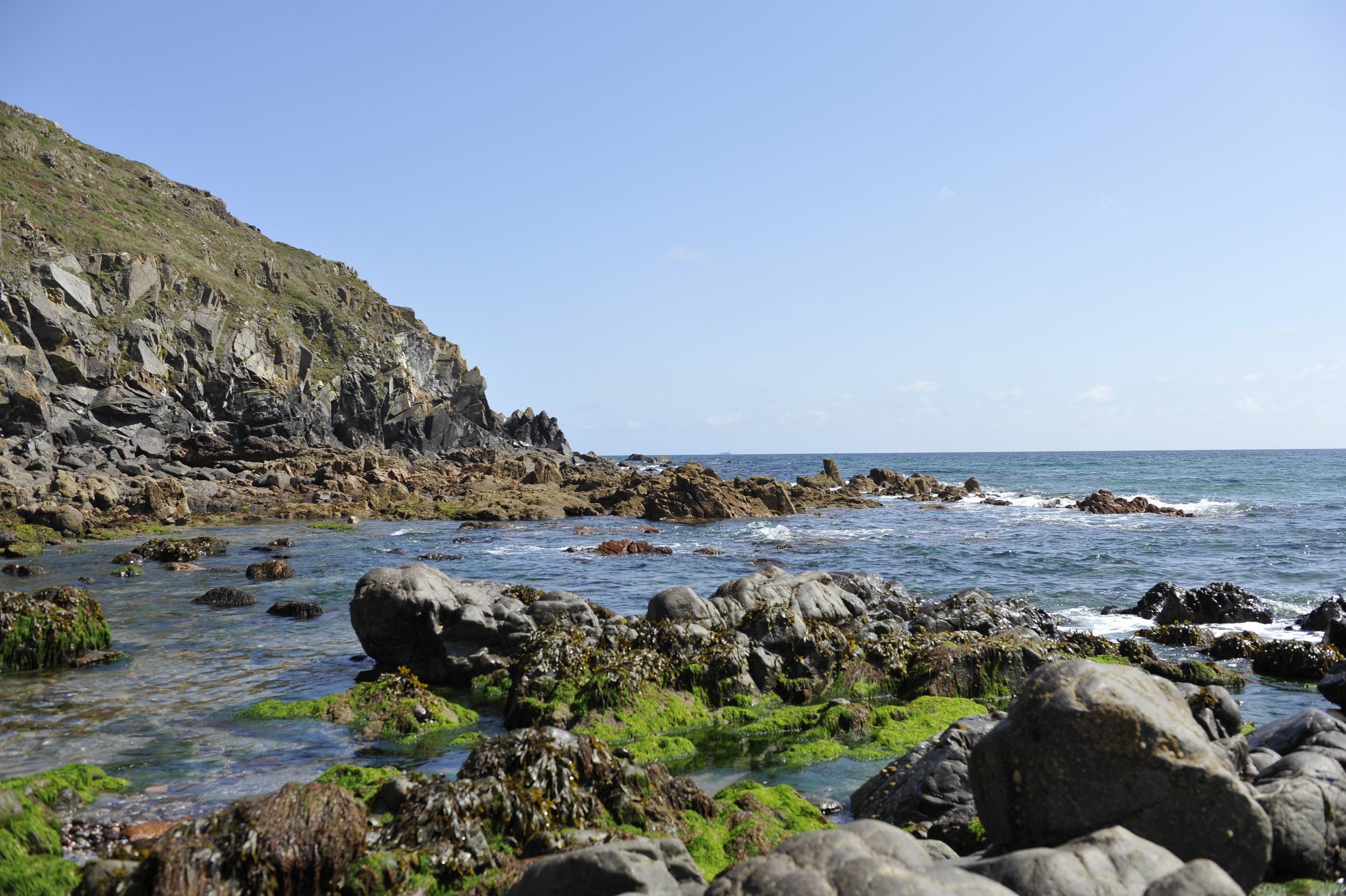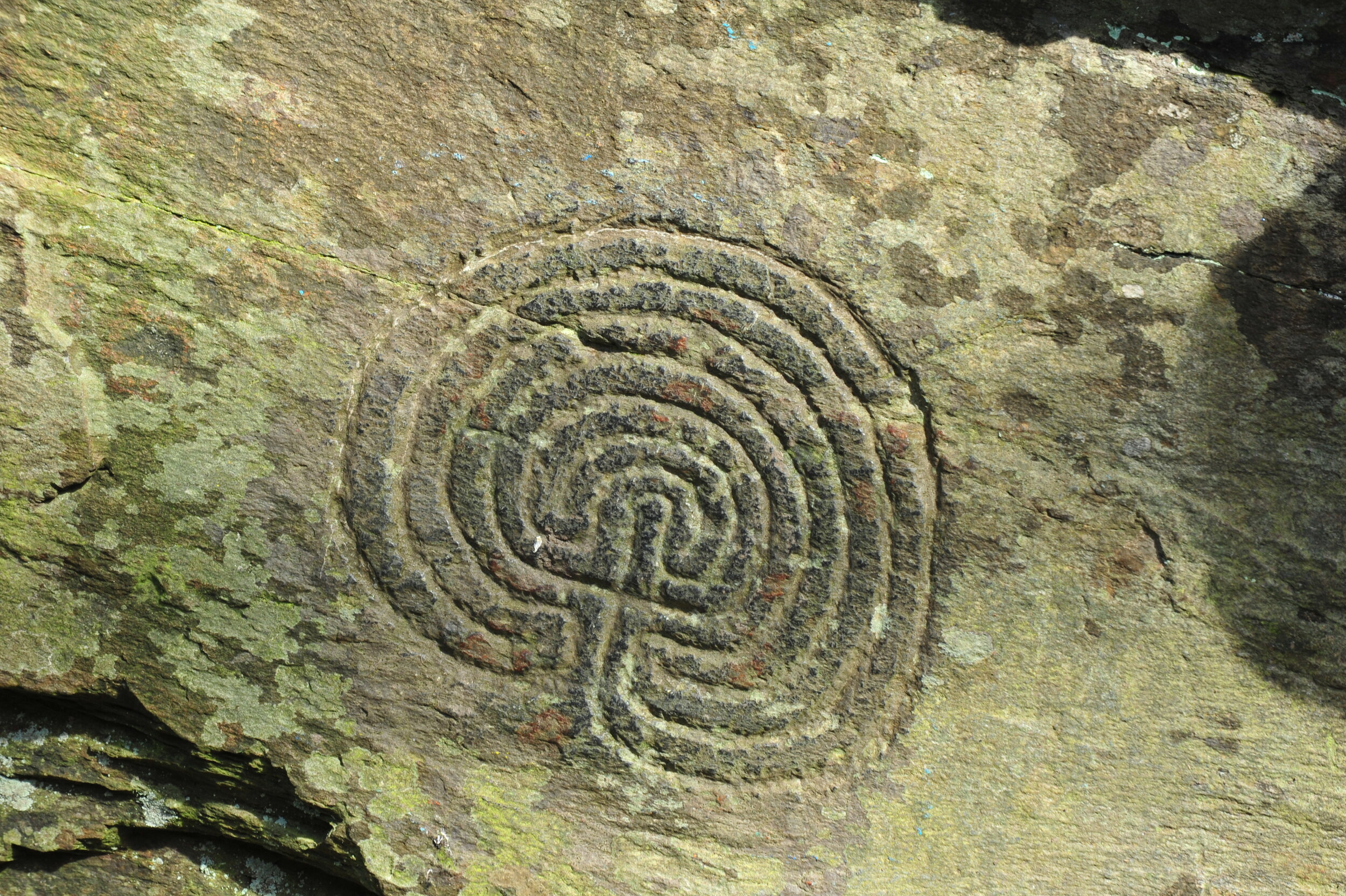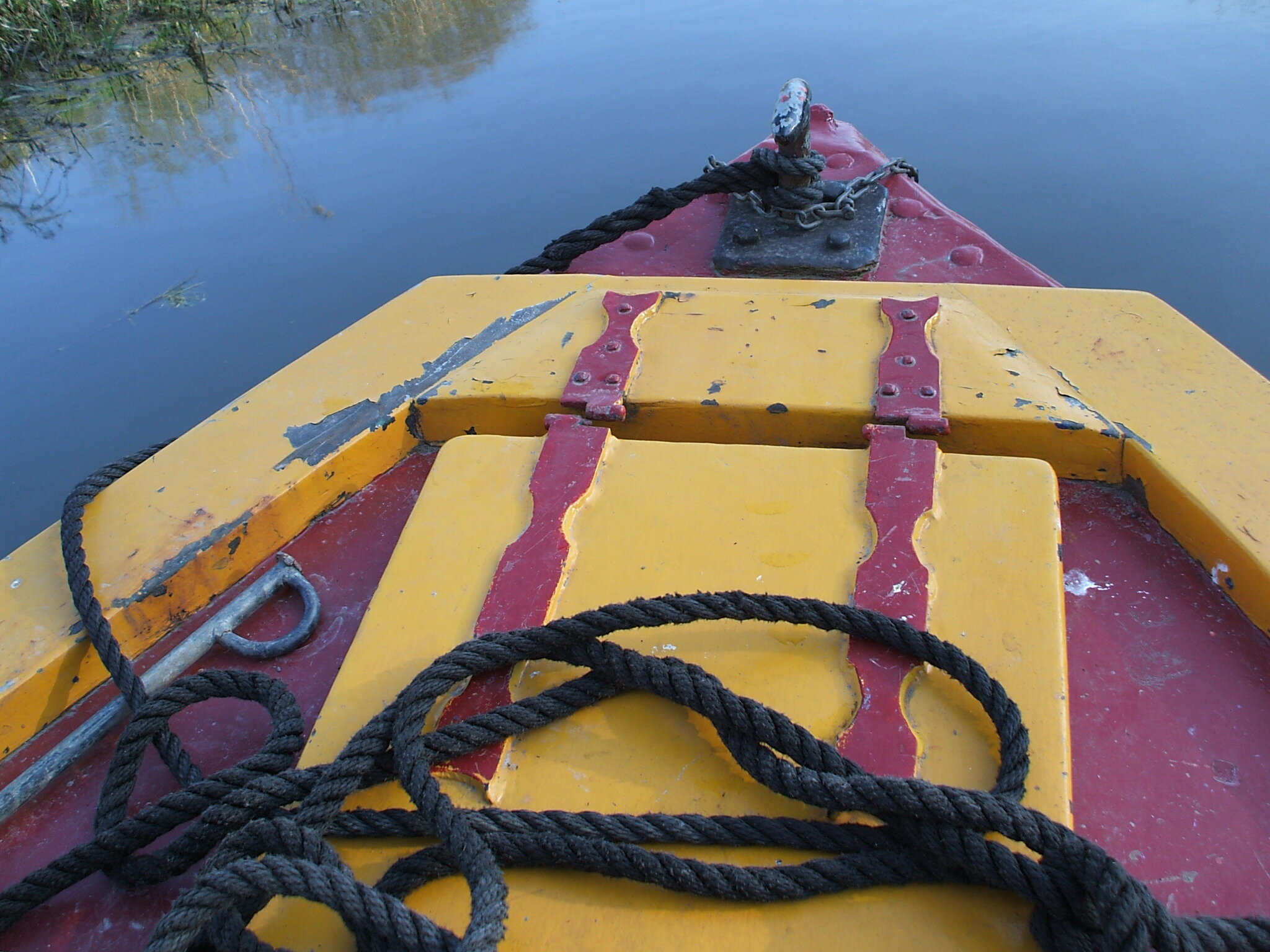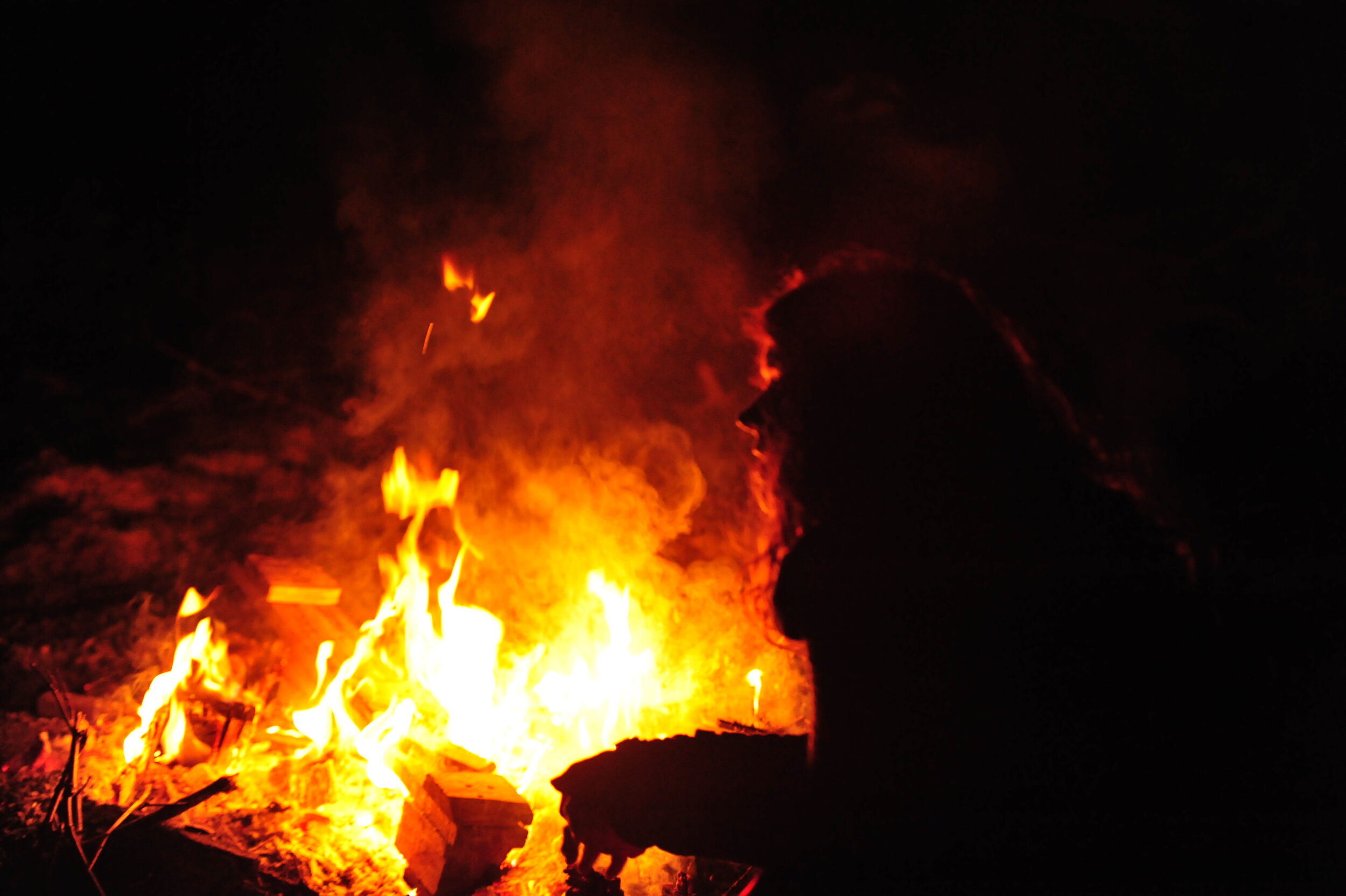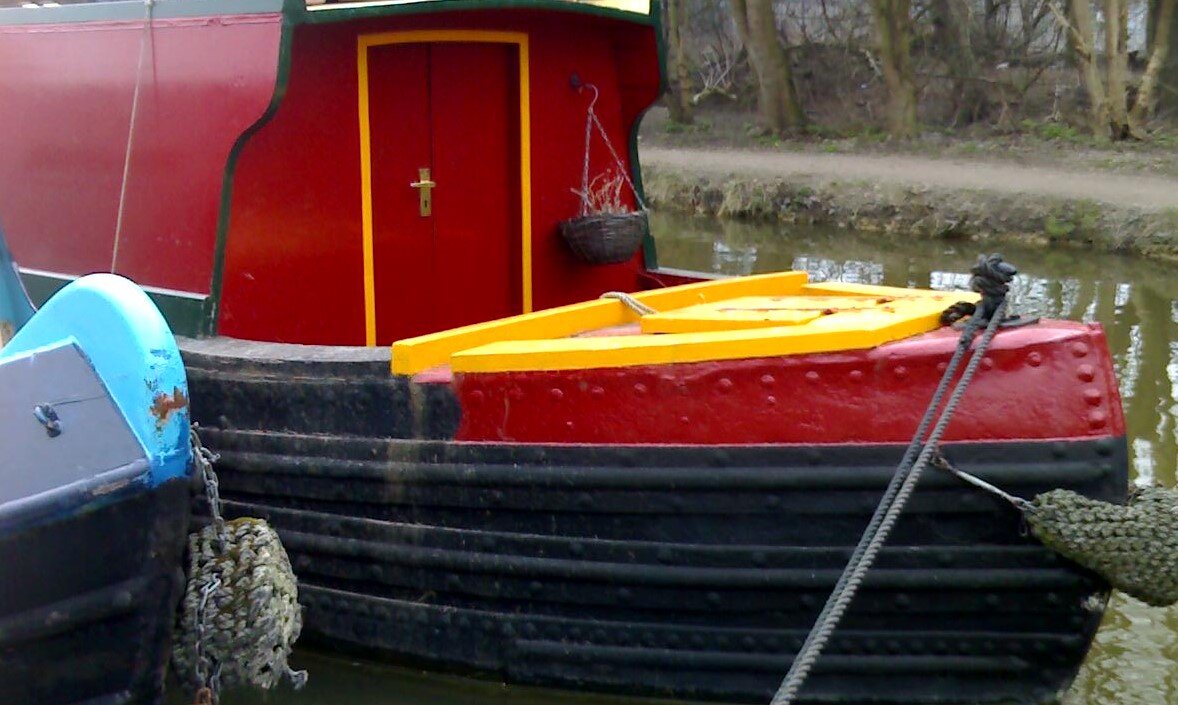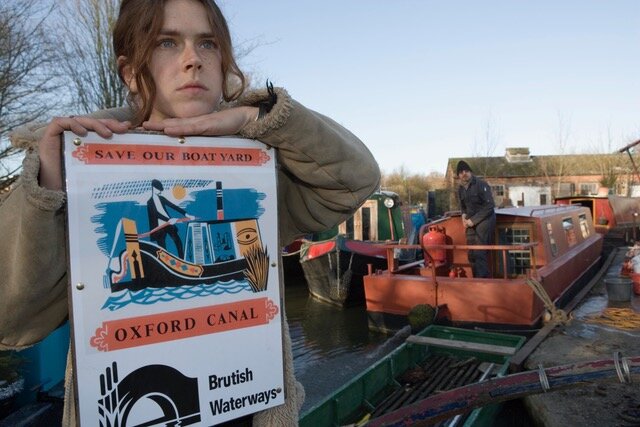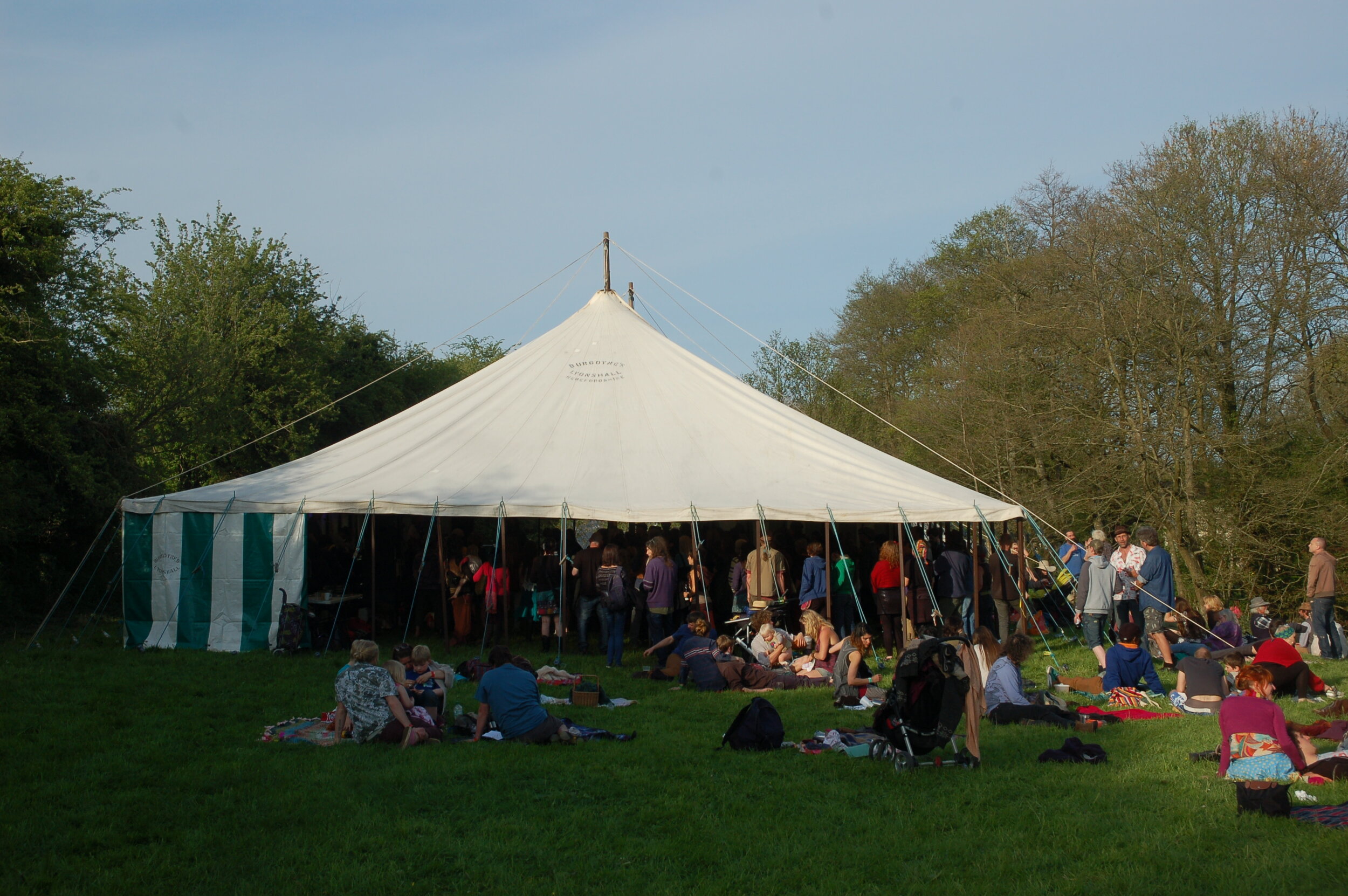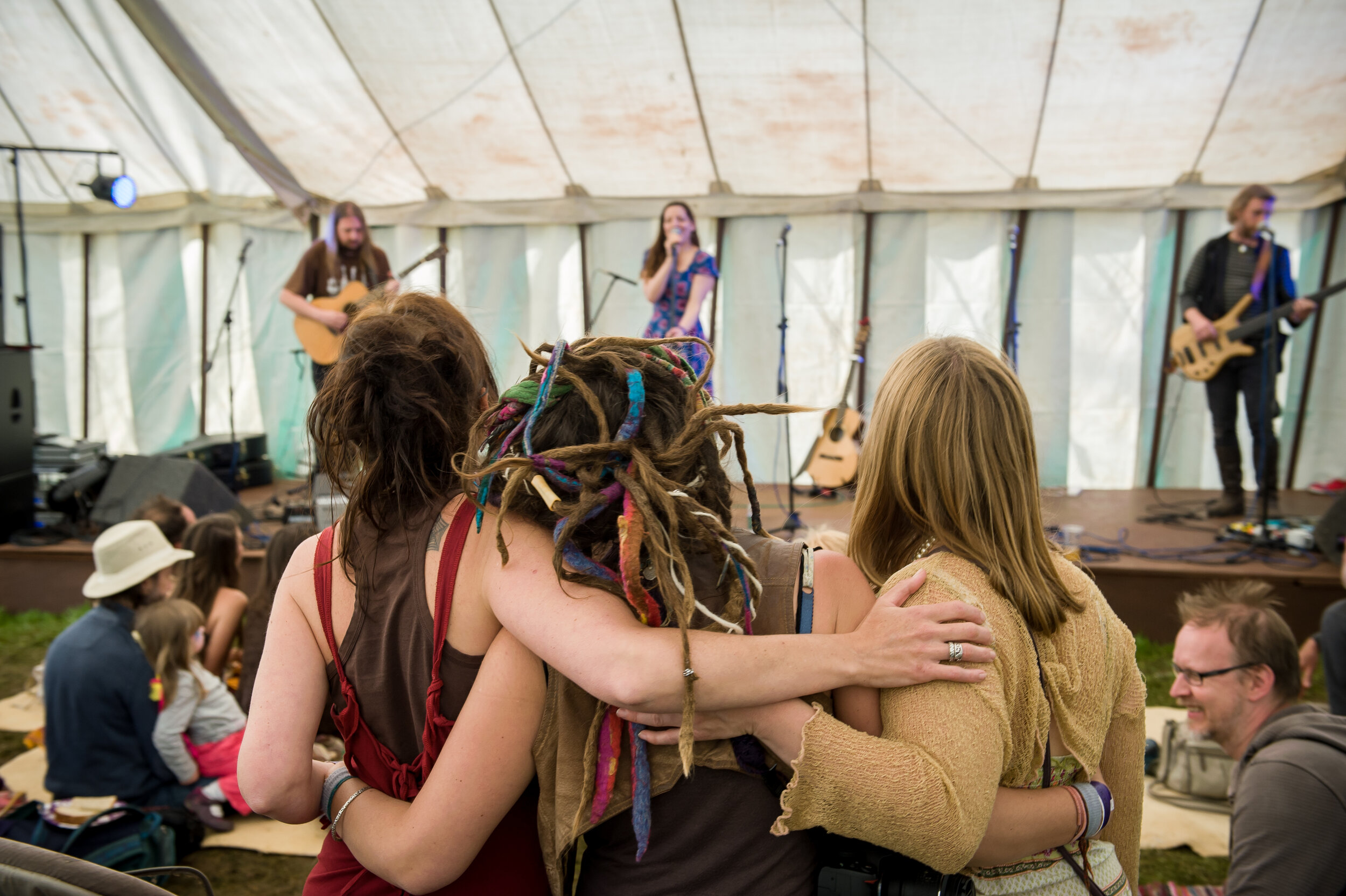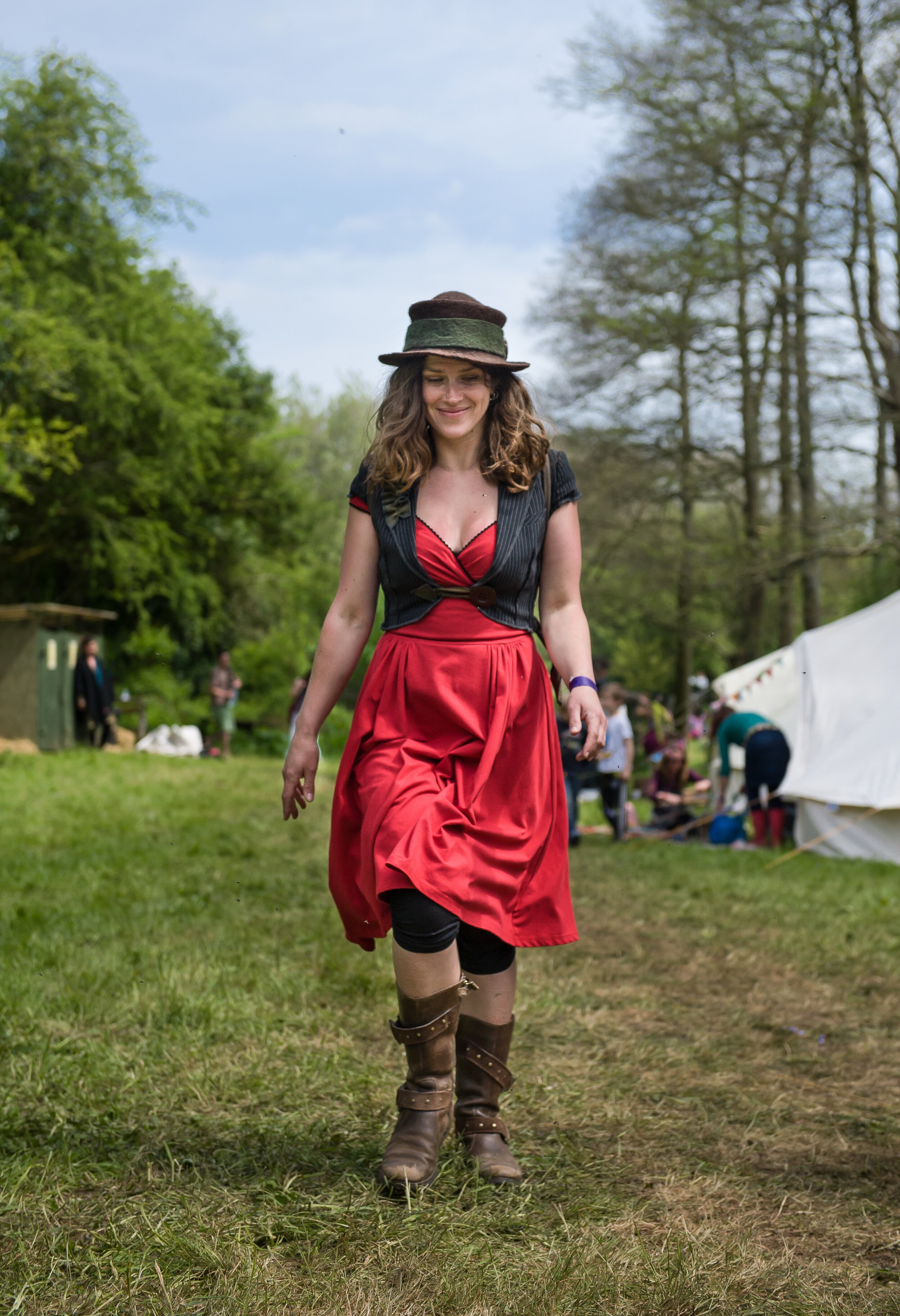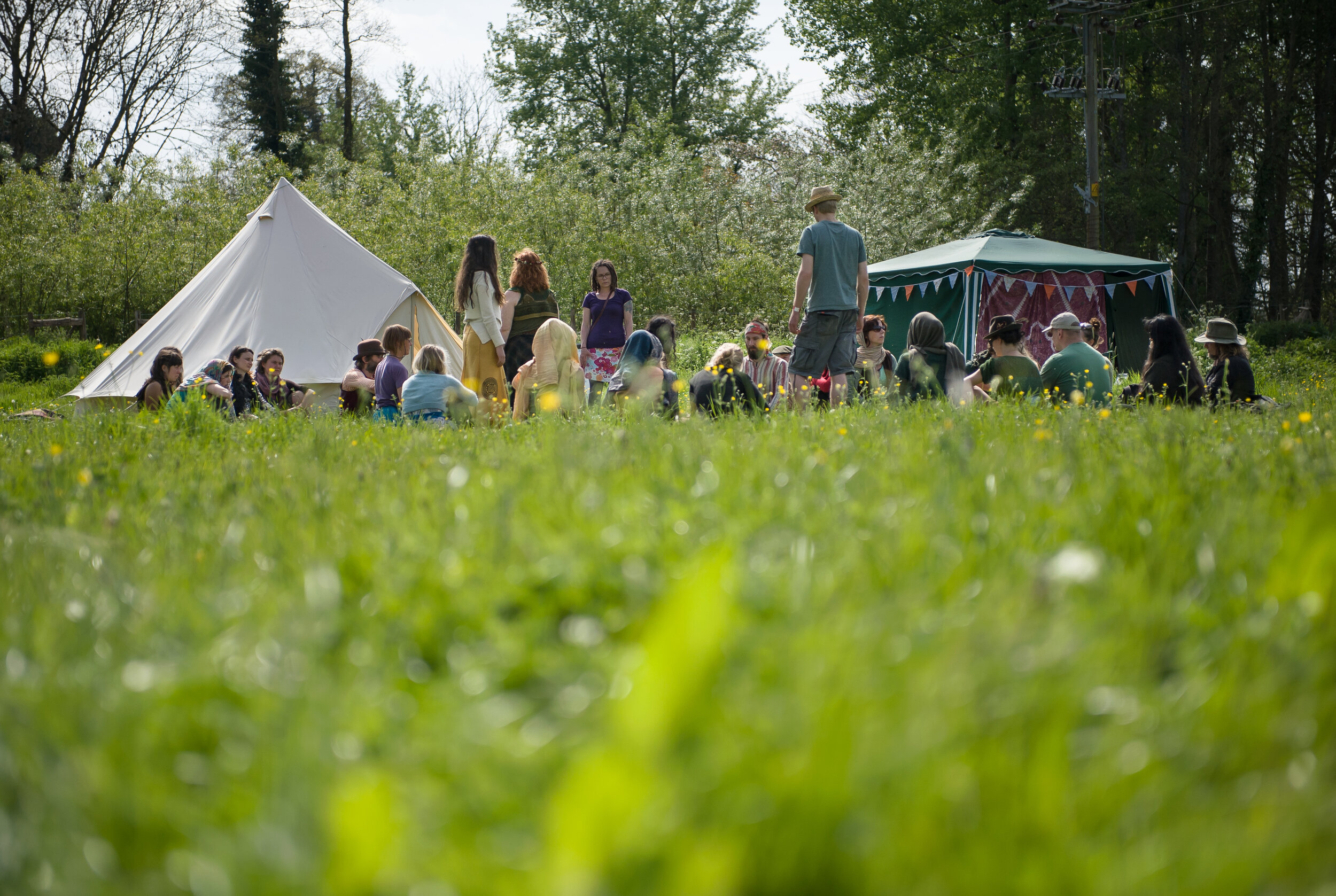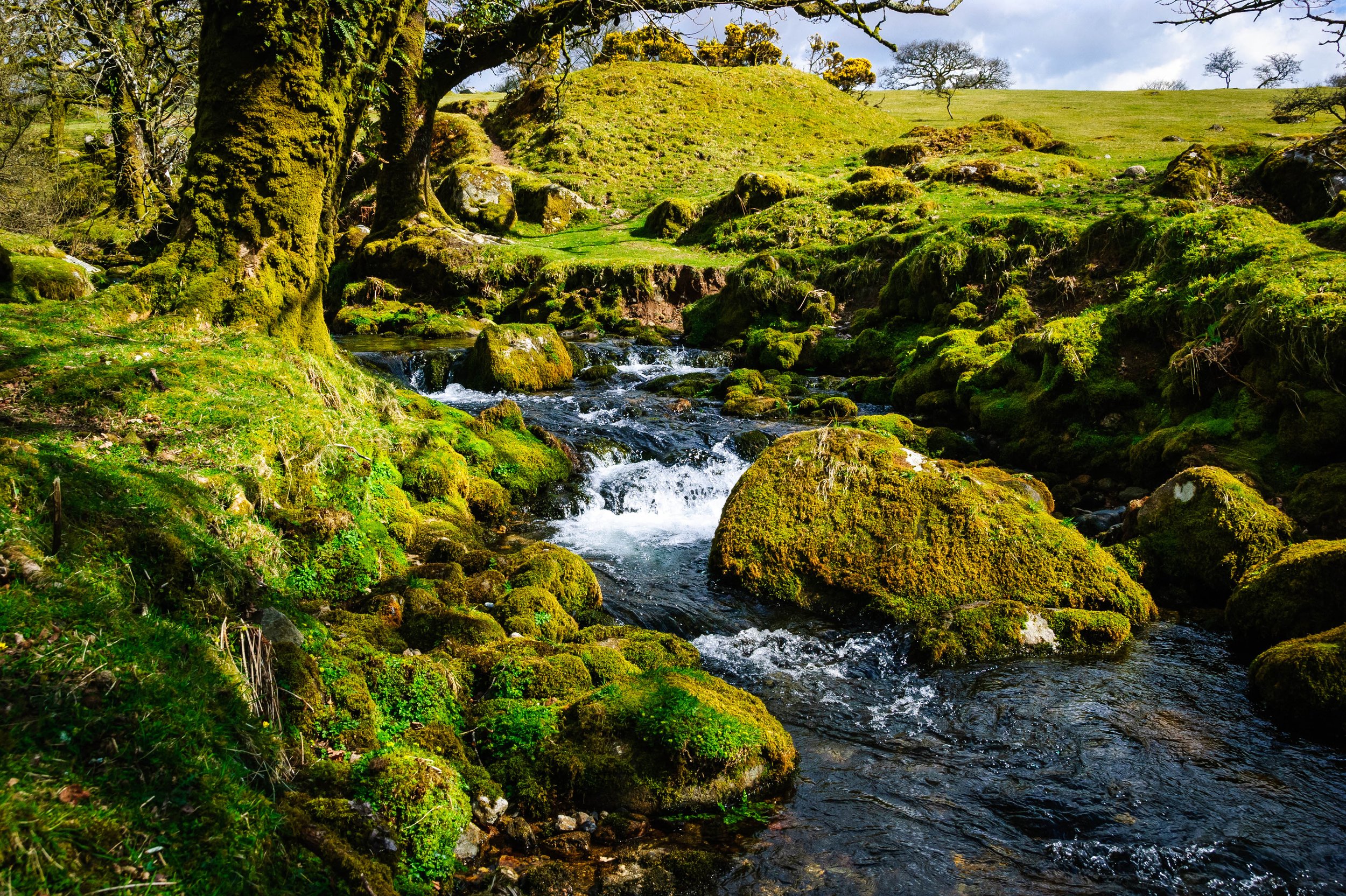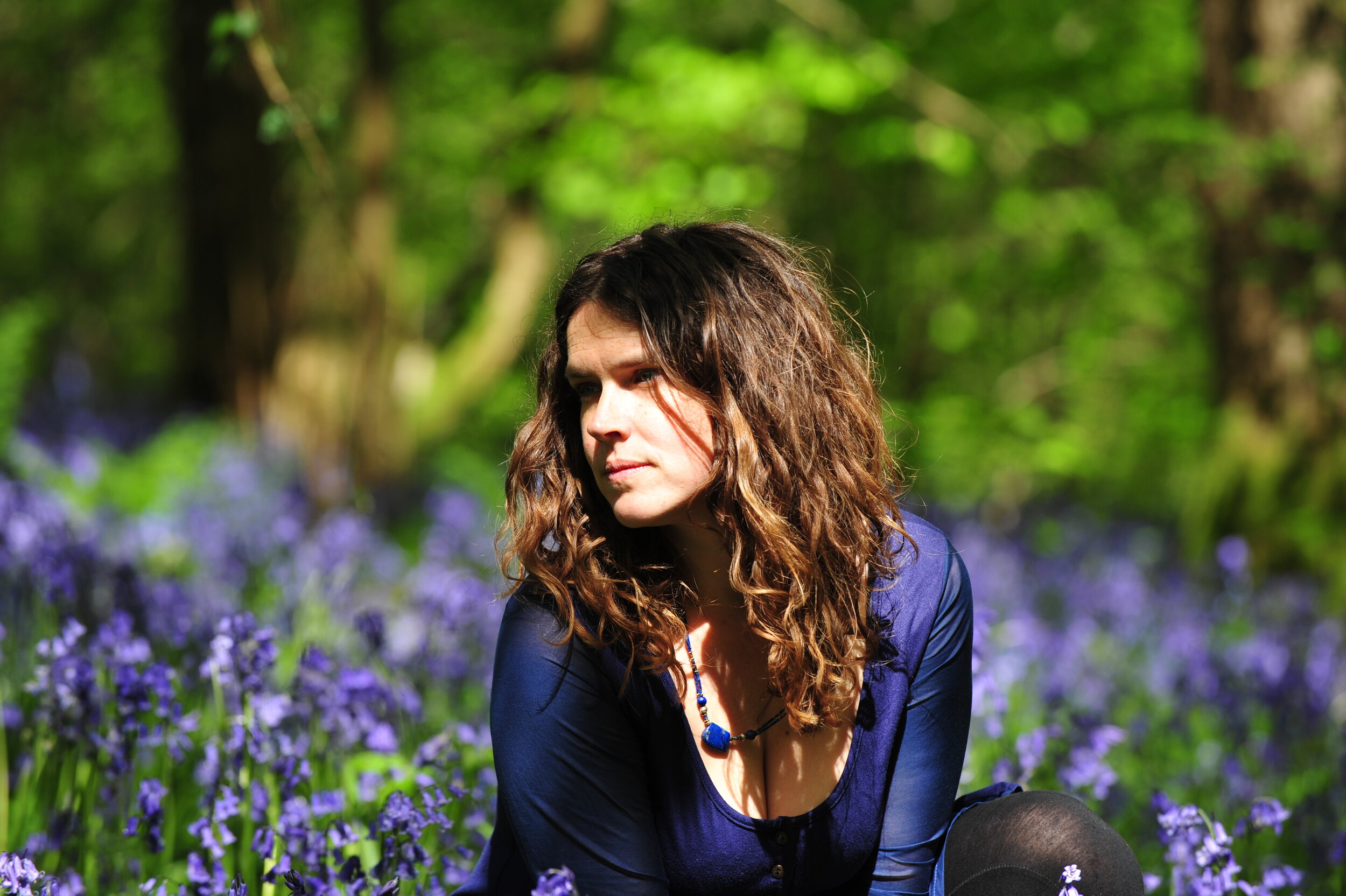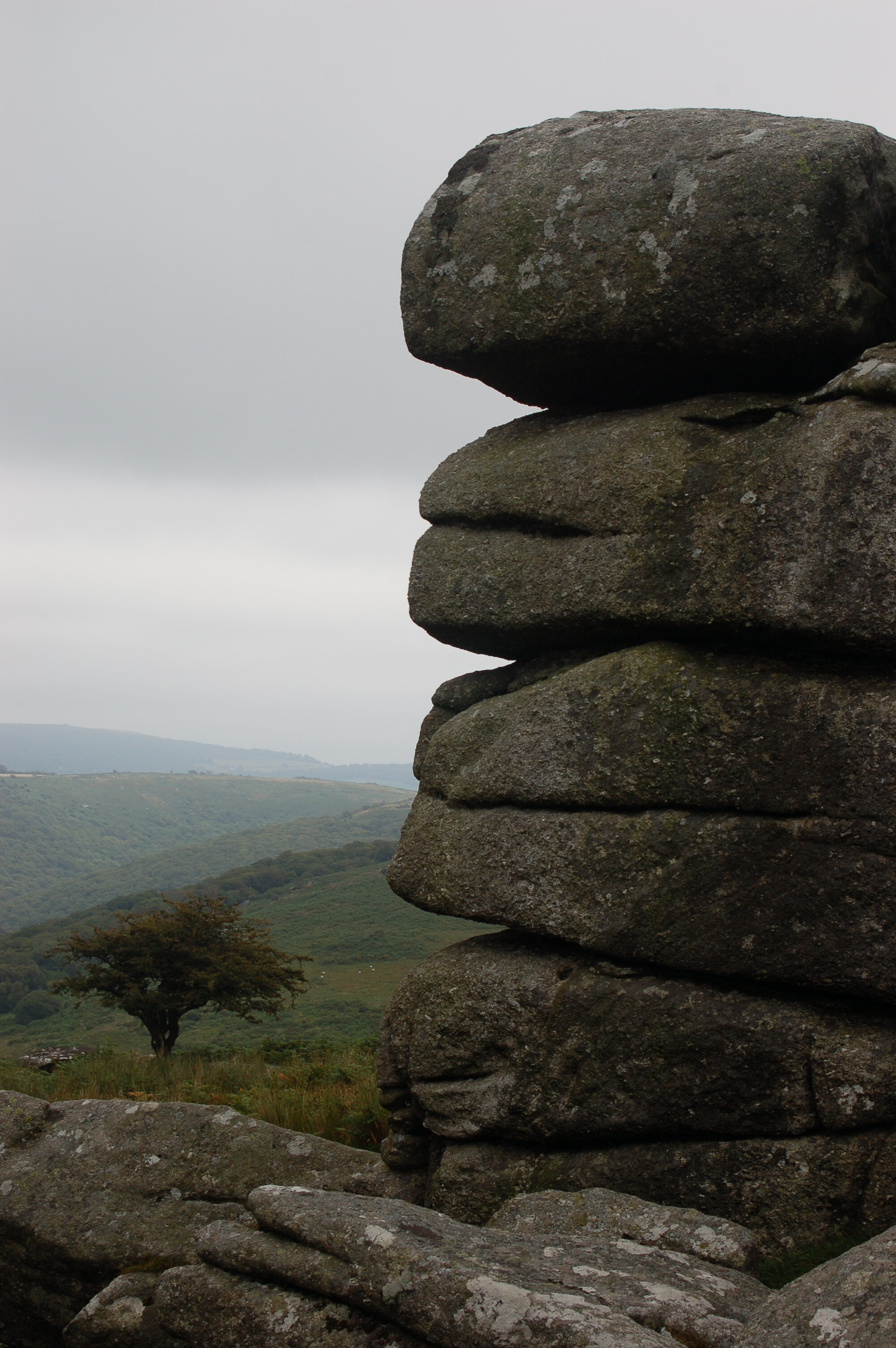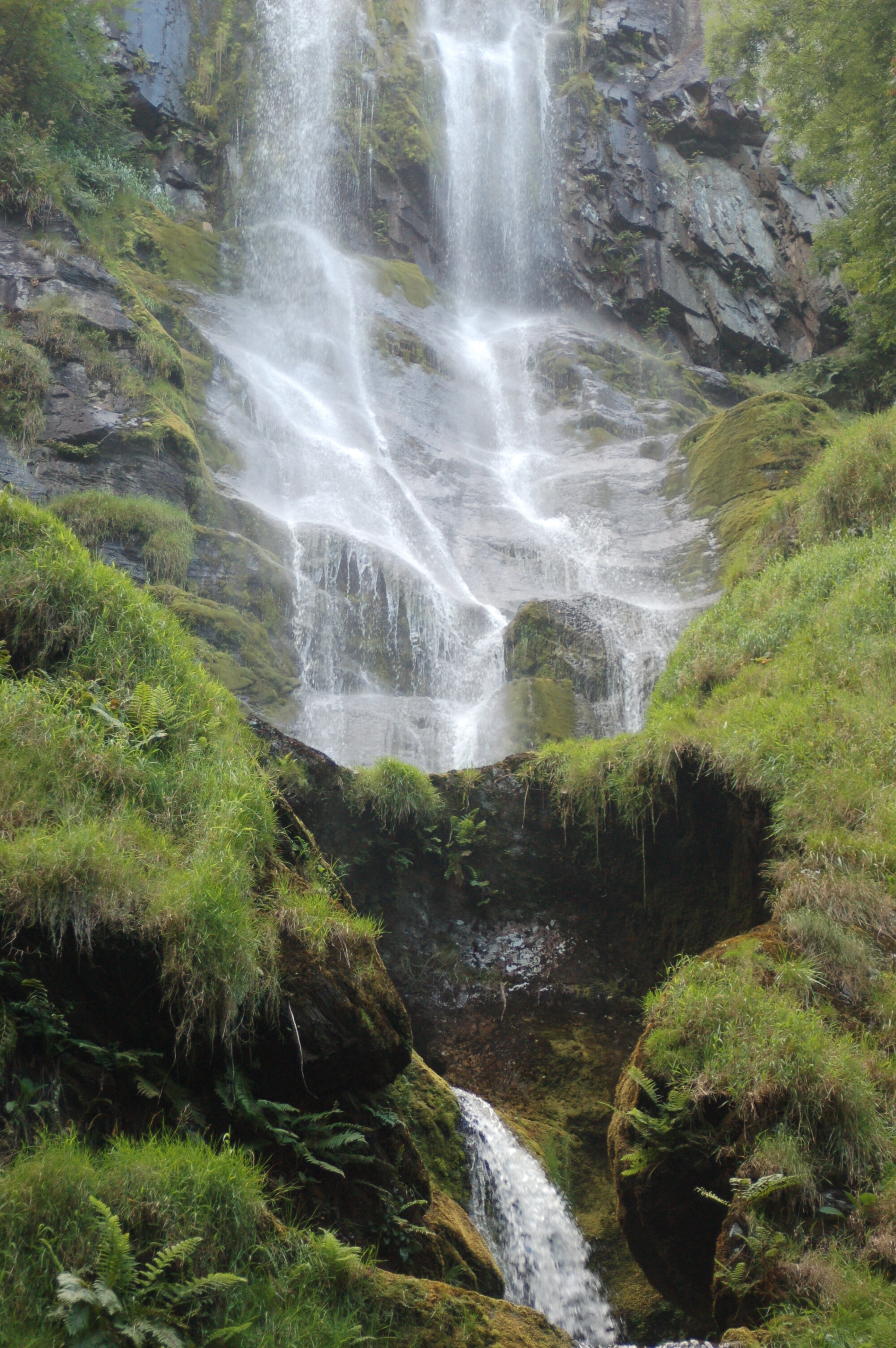My Story
I was born a seer, with the gift of psychic sight, inherited from my mothers family; a line of matriarchs spreading far back into history. It’s an interesting gift, not usually appreciated within the wider modern world.
Since the burning times, when those who were labelled witches were tortured and burned at the stake, there has been much fear of those who have an awareness of other-worlds and the web of life. Scientific rationalism has also sought to distance itself from the mystical, claiming that psychic sight isn’t even real. That’s a hard path to walk if you were born with that ability and experience.
Psychic sight doesn’t mean I can see all things. The web of life is constantly changing and nothing is fixed. Being a seer also means I am aware of the spirit world within every-day life. I can see your spirit and that of the trees, the birds, the animals and some other very interesting beings besides. When I was growing up I feared that I would be called insane and locked up in an institution. Fortunately I had a very different experience through life and have learned that my experiences are common enough to be shared by many, across time and across the world.
My story is one of experience and curiosity, trauma and healing, learning and teaching. All that I have learned flows back into my healing and teaching practice. If you come to see me for healing, rest assured you are in good hands, chances are I know something about what you are going through personally. I also have many qualifications and a lot of work experience. If you are interested in knowing more, the following gives a good introduction to my story.
My first memories involve a love of and deep connection with the natural world and I built up relationships with the nature spirits in my garden as a young child. I was blessed to have the freedom to roam over fields leading to a medieval village and beyond, to the sea. I lived not too far from Hengistbury Head in Dorset and spent many hours getting to know that wild landscape of sea and heather, twisted oaks and old burial mounds.
As I grew up, I watched many of my favourite places become lost in housing estates, roads and huge development projects. I witnessed the destruction of many of the natural spaces around me and the route to Hengistbury Head was now only accessible by road. I deeply grieved this destruction, grieved the loss of the nature spirits and wild spaces and could not find solace amongst the sea of concrete that had sprung up all around. In the world outside it was the 80s and I despaired at the culture of materialism and environmental destruction that seemed so acute everywhere.
I ran to the sea and to the woods for time alone, where I made friends with the trees and birds and with the nature spirits all around. I wanted to understand why the world didn’t seem to care about nature and why I didn’t care about the things I was told I needed to care about. I made friends with ancestral spirits at ancient sites and felt more at home in these places, and in the wild places, than in the city. This feeling of home and connection within nature has been the focus of my life.
I have always had relationships with spirit and, with a family background in spiritualism, I explored many techniques before I dived into the practice of shamanism.
I trained and practiced as a clairvoyant medium, tarot reader, shamanic reiki and crystal healing practitioner. I was initiated into Wicca and became involved with the Druid community, training as a Bard. During my time in academia, I focused on researching prehistoric religion in the UK and shamanism around the world.
I trained specifically in shamanism in 2009 and have had a few different teachers, particularly in Core Shamanic techniques, devised by Michael Harner. Also a mix of other influences, from Celtic Shamanism through to Native American and Norse.
As Shamanism revolves around connection with spirits, my continuing training and development are held by my spirit guides, in particular by my ancestors and my guides from prehistoric, indigenous Britain, all of whom I continue to learn so much from.
My academic life has been an important thread to my story. I didn’t go to University at 18 and, due to a series of challenging life experiences in my teens, I didn’t complete my A-levels. When I was 21 I went to Ruskin College in Oxford, which is a fantastic left-wing political college and a centre of political radicalism; living there changed my life.
At Ruskin I studied history and in particular learned about women’s liberation, slavery and black liberation, British working class history and all of the intricacies of Britain’s colonial history. I spent days, weeks and months in libraries, benefiting from the Bodleian library in Oxford, reading all that I could get my hands on trying to understand the nature of the world I found myself in. I wrote my dissertation on animal rights; exploring its philosophy and history as well as animism and our disconnection from nature.
Once I started University I studied archaeology and anthropology, trying hard to understand more about our world. Over the next few years my research interests focused on exploring conflict towards the “other”, whether that concerned indigenous people, Gypsies, the influx of farming people into Britain in the Neolithic, New Age Travellers and later, the boating community of England. My dissertation, titled “New Age appropriation of Native American spirituality”, was very scathing of Western shamanic practices.
I graduated with a First from Sheffield and initially enrolled on a Masters in the anthropology of development at Manchester. I wanted to work with indigenous people and help them prevent the eradication of their culture. However, the course was cancelled at the last minute, leaving me to work instead as a field archaeologist in Yorkshire. I did that for a year, which was a great experience and turned me back to archaeology. I then went to Cardiff to take a Masters in European prehistory, focusing on the religion and ritual of prehistoric Avebury in my dissertation.
After my Masters, I went to live on a narrowboat, battled with chronic fatigue and depression for a couple of years whilst working with young people, neuro-divergent groups and people struggling with their mental health. I continued this work whilst embarking upon a PhD in anthropology, exploring the travelling boating communities in Britain, of which I was a part, and I taught short courses in anthropology at Ruskin College in Oxford and Bristol University.
In my studies I had come to understand more about nomadic communities both past and present and I embraced the life of a nomad myself, feeling that it not only reflected my soul’s urge and longing but was also the most sustainable way of living on the planet. I lived on a boat for 7 years and my son was born there. Living on a large narrowboat aged over 100 years old, built with a beautiful iron hull and wooden cabin, I travelled along much of the southern inland waterways, often alone, rejoicing in the peace and connection to the natural world which the boating lifestyle enabled.
All the while the lifestyle was frequently attacked, by some in authority and by others imbued with prejudice, making it a hard life to lead at times. Between 2005-6, whilst I was teaching Anthropology at Ruskin College, I lived and participated at a high profile protest in Oxford supported by many, including Philip Pullman.
I left the boat in 2009 during a period of deep personal change and growth and, a few years later, moved with my son and partner to live in a community in Somerset, producing organic food and hosting a variety of events. It was an interesting experience, teaching many skills for living on the land and in community.
Whilst there I created and managed the farm’s events, including a 3 day political fund-raising event called Frack Free Festival. Many of my favourite musicians came, there was a thriving kids area, campaigning area, talks, healing area, theatre and circus field and more. Below are some photos.
One of my life goals has been to be self-sufficient and live in deeper connection with nature, just as our ancestors would have done. Living on a boat undeniably taught me many skills in this area and, when I left, I turned to the world of bushcraft to maintain and deepen some of these skills. I attended different weekend courses, started foraging and learning herbalism.
I decided to orientate my work towards nature connection and bushcraft craft techniques but, challenged by some of the survival based focus of bushcraft and it’s tendency to attract more men than women, the only option was to train to be a forest school leader.
However, this was one of the best decisions I have made, as working with children has become a huge and joyful part of my path. I set up Wild Thyme Forest School for home educated children in Somerset and ran it for 7 years, alongside home educating my son and working as a mentor in other home school settings. When I left Wild Thyme in 2022, I passed it on and the project continues to thrive.
In 2019 I attended a year long course in Devon called “The Old Way”, focusing on learning foraging and hunting skills, nature connection and some of the craft techniques that our ancient ancestors would have worked with, such as basketry.
The immersive course also focused on deep connection, with both our human and more-than-human kin, and set an intention to learn to live in the old way, learning skills from our indigenous ancestors. There is so much that I learnt from this course that I interweave into the courses and workshops that I offer to others.
A part of The Old Way course offered what was, for me, the fulfillment of a dream involving a trip to Namibia to live, for a time, with a group of indigenous people and learn their ways.
The visit to the San Bushmen had a huge impact on me and I am still processing the experiences of my time there. It was an incredible privilege and taught me many things that have impacted my life, moving forward, at a profound level.
Since 2020 I have been working my way through the independent naturalist study course offered by Jon Young and the Wilderness Awareness School, called Kamana, alongside other 8 Shields training. These studies enable me to continue to develop my skills in nature connection and bushcraft.
Between 2020-2023 I helped to establish a ground-breaking NHS funded ecotherapy project, helping those who struggle with their mental health. A mixture of forest school activities and listening skills, the feedback from client’s was incredibly positive and shows how a simpler, more connected, way of life can have a massive impact on people’s mental health.
In May 2022, I completed a year-long training course in wilderness rites of passage, including a 4 day and night wilderness vision quest, with WildWise in Dartmoor to enable me to offer deeper immersions in nature to others moving forward. These are still in the pipeline but I should be offering this from 2025.
Since 2023 I have been attending the monthly Wild Practice group, offered by some of the team who continue to offer The Old Way Immersion. The Wild Practice is a monthly foraging group and has really helped me to bring foraging into my life on a more regular basis.
Today you will find me holding clients on their healing journeys via shamanic healing, holding a variety of courses, taking people and groups on ancestral tours, practicing shamanic healing at festivals and continuing to work with young people. Alongside spending time with my family, I parent my teenage son, I write, continue my naturalist studies, deepen my bushcraft skills and spend a lot of time in nature!

